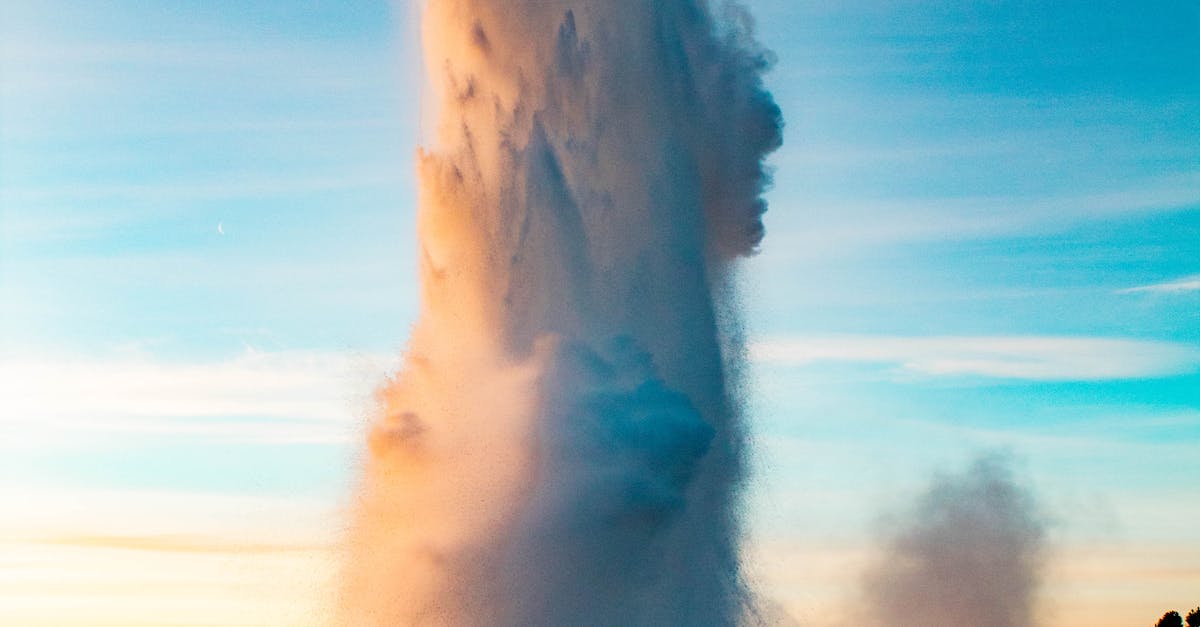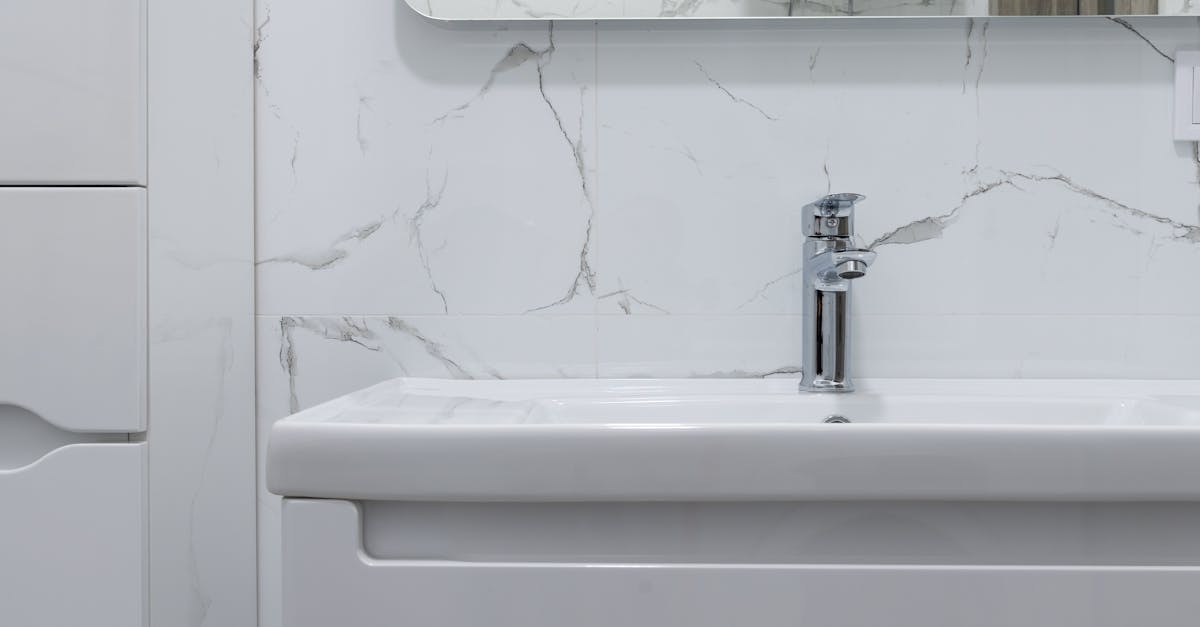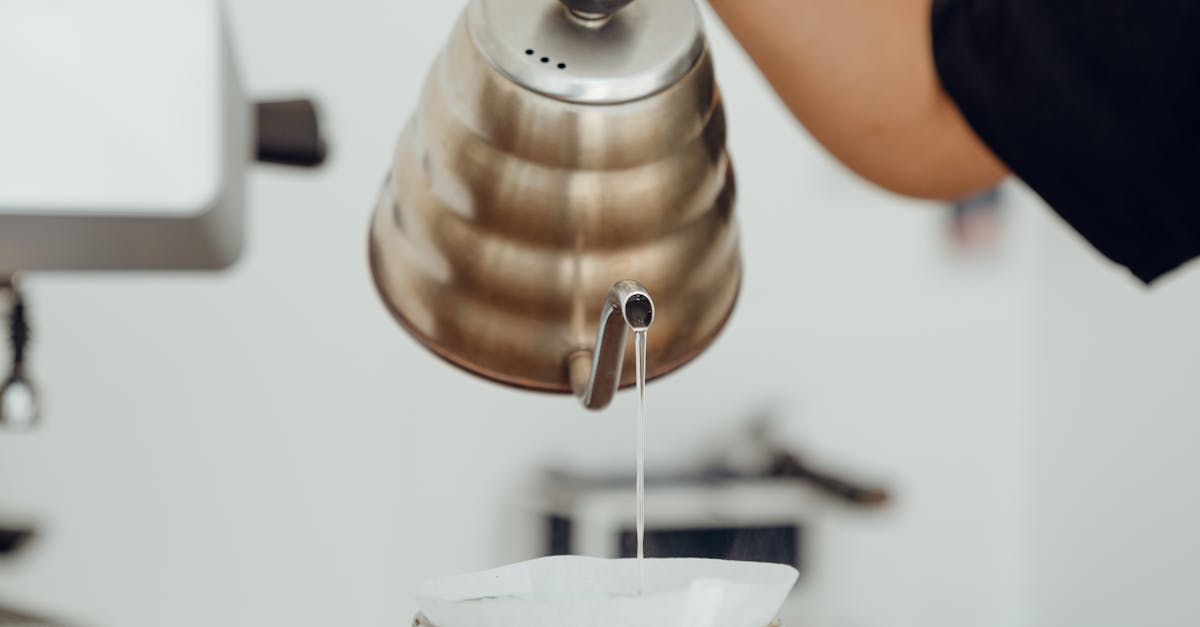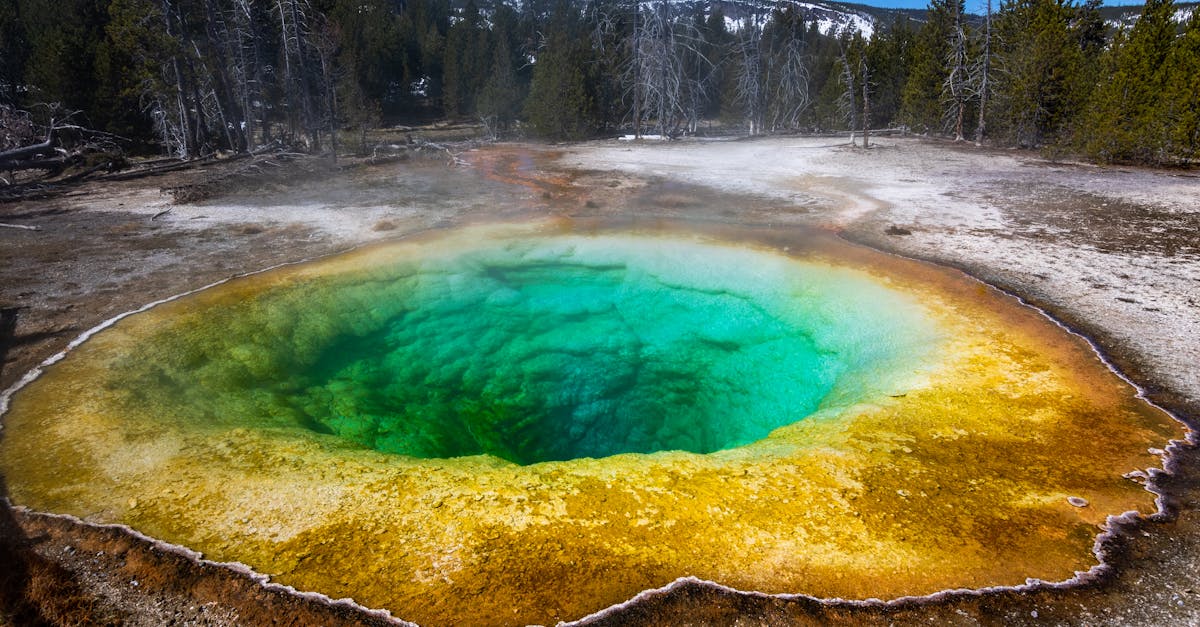
Table Of Contents
Tips for Improving Hot Water Heater Efficiency
If you find that your hot water system is not heating up as efficiently as it should, there are several simple steps you can take to improve its performance. Firstly, check the thermostat setting on your hot water heater. Sometimes adjusting the temperature setting slightly higher can help to increase the overall heating capacity of the system. Additionally, consider insulating your hot water tank and pipes to prevent heat loss, particularly in colder months. Hot Water System Troubleshooting can often be improved simply by making these small adjustments to enhance the efficiency of your water heating system.
An often-overlooked element of improving hot water heater efficiency is the regular maintenance of the system. Sediment buildup in the tank can reduce the heating efficiency of your hot water system over time. By flushing out the tank periodically, you can help to maintain optimal performance. Furthermore, consider installing a water softener if you live in an area with hard water, as this can reduce mineral buildup and prolong the lifespan of your hot water system. By being proactive in Hot Water System Troubleshooting and performing routine maintenance tasks, you can ensure that your hot water heater operates at its best efficiency level.
Pilot Light Troubles
If your hot water system seems to be struggling to heat up enough water, one of the potential issues could be related to the pilot light. The pilot light is a small, continuous flame that ignites the gas burner in your hot water system. If the pilot light goes out, the burner won't be able to heat up the water to the desired temperature. This can be caused by various factors such as a faulty thermocouple, a clogged pilot orifice, or even a draft in the vicinity of the pilot light.
Hot Water System Troubleshooting: Monitoring the pilot light regularly is crucial to ensure the efficient operation of your hot water system. If you notice that the pilot light keeps going out or is producing a weak flame, it's important to address the issue promptly. You can try relighting the pilot light according to the manufacturer's instructions, but if the problem persists, it might be best to seek the expertise of a professional hot water system technician.
Preventive Maintenance for Hot Water Systems
When it comes to preventive maintenance for hot water systems, regular inspections and care are essential to prevent issues from escalating. An important step in the upkeep of your hot water system is to check for any leaks in the tank, pipes, or fittings. Even small leaks can lead to significant water and energy wastage over time. Additionally, it is advisable to monitor the water temperature periodically to ensure that it remains at the desired level. Inconsistencies in water temperature can indicate an underlying problem that needs attention.
Hot water system troubleshooting should also involve checking the pressure relief valve to ensure it is functioning correctly. The pressure relief valve plays a crucial role in maintaining the system's safety by releasing excess pressure. Furthermore, flushing the tank at least once a year can help prevent sediment buildup, which can have a detrimental effect on the efficiency of the system. By staying proactive with these preventive maintenance tasks, you can extend the longevity of your hot water system and ensure it continues to operate efficiently.
Corrosion in the Tank
Corrosion within the hot water tank can be a common issue that prevents your hot water system from heating up efficiently. Over time, the accumulation of minerals and sediment in the tank can lead to a build-up of corrosion, which can affect the heating element's ability to function optimally. When corrosion develops within the tank, it can hinder the transfer of heat to the water, resulting in lukewarm water or inadequate heating.
Hot Water System Troubleshooting for corrosion in the tank involves inspecting the interior of the tank for any signs of rust or corrosion. If corrosion is detected, it is crucial to address the issue promptly to prevent further damage to the tank and ensure the hot water system operates effectively. Regular maintenance, such as flushing the tank to remove sediment and monitoring the condition of the tank's lining, can help prevent corrosion and extend the lifespan of your hot water system.
Seeking Professional Help for Hot Water Issues
If all troubleshooting efforts have been exhausted and your hot water system is still not functioning correctly, it is advisable to seek professional help. A licensed plumber with expertise in hot water systems can pinpoint the exact cause of the issue and recommend the most appropriate solution. Professional assistance is particularly crucial when dealing with complex problems such as gas supply interruptions, which require specialised knowledge and tools to rectify.
Hot water system troubleshooting is a specialised task that may be challenging for individuals without the necessary skills and experience. Consulting a professional plumber not only ensures a thorough evaluation of the system but also guarantees safe and effective repairs. By entrusting the resolution of hot water issues to a qualified expert, you can restore the optimal functioning of your system efficiently and without unnecessary delays.
Gas Supply Interruptions
Gas supply interruptions can often be a common reason why your hot water system is not heating up as expected. When the gas supply is interrupted, the water heater cannot function properly, leading to inadequate heating. To troubleshoot this issue, first, check if other gas appliances in your house are working. If they are not, then there might be a problem with the main gas supply in your area, and you should contact your gas provider for assistance. However, if other gas appliances are working fine, then the issue might be isolated to your hot water system.
Hot Water System Troubleshooting for gas supply interruptions also involves checking the gas valve on the water heater itself. Ensure that the gas valve is fully open and that there are no obstructions blocking the flow of gas. Sometimes, the gas valve can accidentally be turned partially off, causing a disruption in heating. Additionally, if you suspect a gas leak or smell gas near your hot water system, it is crucial to turn off the gas supply immediately, evacuate the area, and call a professional gas fitter to address the issue promptly.
FAQS
Why is my hot water system not heating up properly?
There could be various reasons why your hot water system is not heating up enough. It could be due to a malfunctioning thermostat, a faulty heating element, sediment buildup in the tank, or issues with the pilot light.
How can I improve the efficiency of my hot water heater?
To improve the efficiency of your hot water heater, consider insulating the tank, setting the thermostat to an appropriate temperature, flushing out the tank regularly to remove sediment, and ensuring proper ventilation around the heater.
What should I do if the pilot light on my hot water system keeps going out?
If the pilot light on your hot water system keeps going out, it could be due to a dirty or faulty pilot light assembly, a malfunctioning thermocouple, or a gas supply issue. It is recommended to consult a professional to diagnose and fix the problem.
How can I prevent corrosion in the tank of my hot water system?
To prevent corrosion in the tank of your hot water system, consider installing a sacrificial anode rod, flushing the tank regularly, ensuring proper ventilation, and monitoring the pH levels of the water.
When should I seek professional help for hot water system issues?
You should seek professional help for hot water system issues if you notice a significant decrease in hot water production, unusual noises coming from the heater, water leaks around the unit, or if you are unable to diagnose and fix the problem on your own.





























